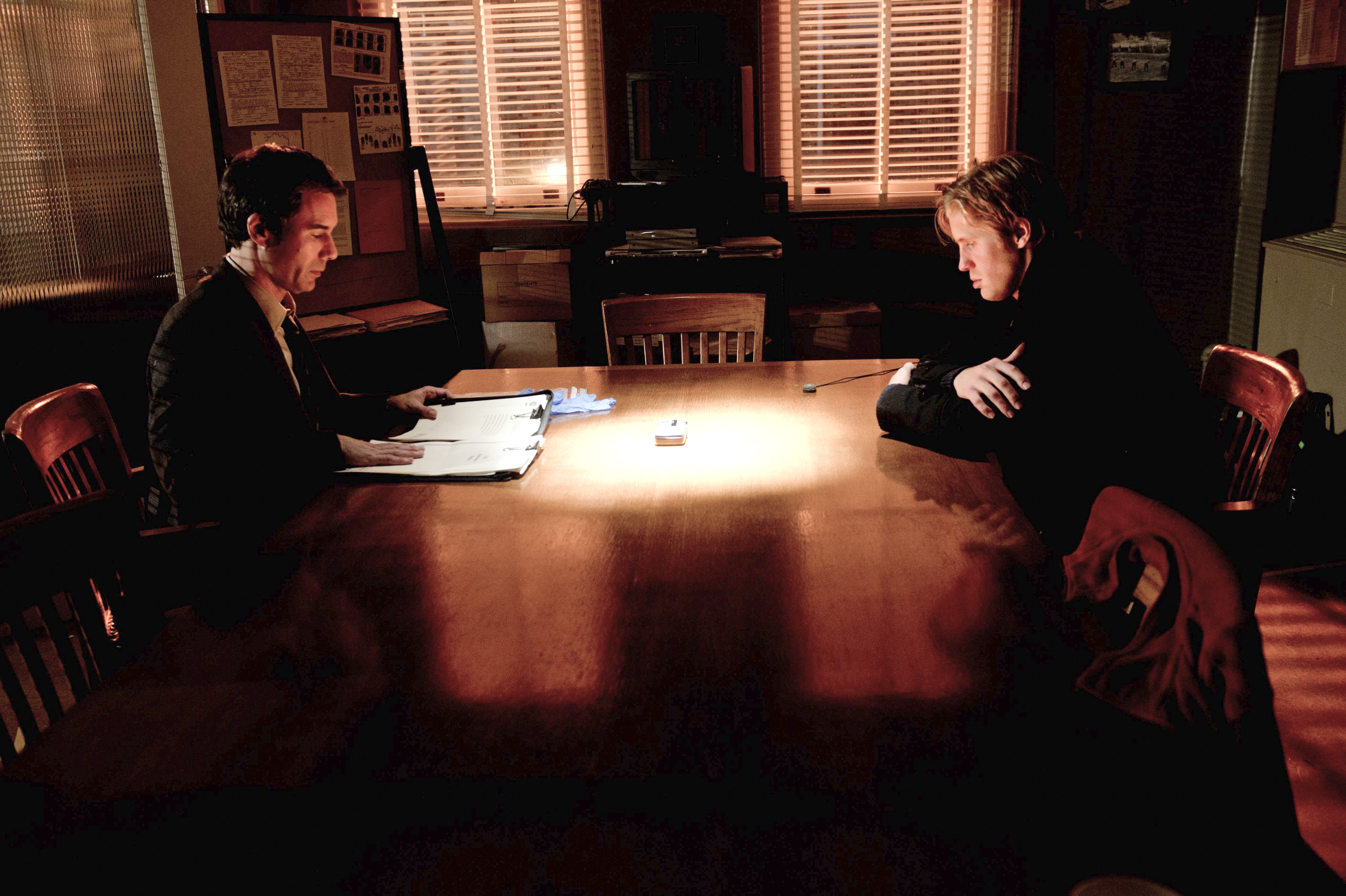Studios Defend Lifetime in Docudrama Suit
Said if court decision stands, genre is at unprecedented legal risk

The smarter way to stay on top of the streaming and OTT industry. Sign up below.
You are now subscribed
Your newsletter sign-up was successful
Lifetime has a bunch of friends in high programming places in a court fight that could have a major impact on the TV and movie biopic and docudrama genres.
Those friends include the Motion Picture Association, Netflix, Sony Pictures, Viacom, Warner Bros., NBCU and many others.
Lifetime was sued by the subject of its docudrama Romeo Killer: The Chris Porco Story. Chris Porco, who was convicted of killing his father and attempting to kill his mother, sued Lifetime alleging the program violated the New York right of publicity law.
The law holds that "a person, firm or corporation that uses for advertising purposes, or for the purposes of trade, the name, portrait or picture of any living person without having first obtained the written consent of such person, or if a minor of his or her parent or guardian, is guilty of a misdemeanor."
There is a carveout for newsworthy events, but Porco argues it is not covered because it is substantially fictionalized.
The New York State Supreme Court is allowing the case to go to trial--Lifetime had sought summary judgment in its favor--ruling that Porco's claim, even involving a "non-defamatory expressive work," can go to trial on the grounds there could be a claim under state civil rights law if the work proved to be "materially and substantially fictionalized."
In an amicus brief, Lifetime's court "friends" argue that "docudramas like the one here are outside the scope of right of publicity law and are fully protected by the First Amendment." The brief points to De Havilland v. FX Networks, in which a California appeals court affirmed the right of "storytellers to portray real people, even over their objections."
The smarter way to stay on top of the streaming and OTT industry. Sign up below.
If the State Supreme Court ruling that the case can go to trial stands, says the brief, "it would significantly undermine the ability of filmmakers to create culturally significant works that are inspired by, or relate to, real people and events."
The De Haviland ruling is on point. In that case, Judge Anne Egerton held:
"Authors write books. Filmmakers make films. Playwrights craft plays. And television writers, directors, and producers create television shows and put them on the air—or, in these modern times, online. The First Amendment protects these expressive works and the free speech rights of their creators. Some of these works are fiction. Some are factual. And some are a combination of fact and fiction. That these creative works generate income for their creators does not diminish their constitutional protection. The First Amendment does not require authors, filmmakers, playwrights, and television producers to provide their creations to the public at no charge.
"Books, films, plays, and television shows often portray real people. Some are famous and some are just ordinary folks. Whether a person portrayed in one of these expressive works is a world-renowned film star—'a living legend'—or a person no one knows, she or he does not own history. Nor does she or he have the legal right to control, dictate, approve, disapprove, or veto the creator's portrayal of actual people."
The brief does not argue that filmmakers are categorically immune from potential liability under defamation claims. But it said that making a claim under the publicity statute circumvents the constitutional requirements for defamation.
Allowing that, they said, "poses an unprecedented – and virtually insurmountable – hurdle to an entire genre of works, which would likely never be brought to fruition if creators have to fear potential lawsuits from anyone who might be portrayed in a 'substantially fictionalized' manner," it said.
Contributing editor John Eggerton has been an editor and/or writer on media regulation, legislation and policy for over four decades, including covering the FCC, FTC, Congress, the major media trade associations, and the federal courts. In addition to Multichannel News and Broadcasting + Cable, his work has appeared in Radio World, TV Technology, TV Fax, This Week in Consumer Electronics, Variety and the Encyclopedia Britannica.

